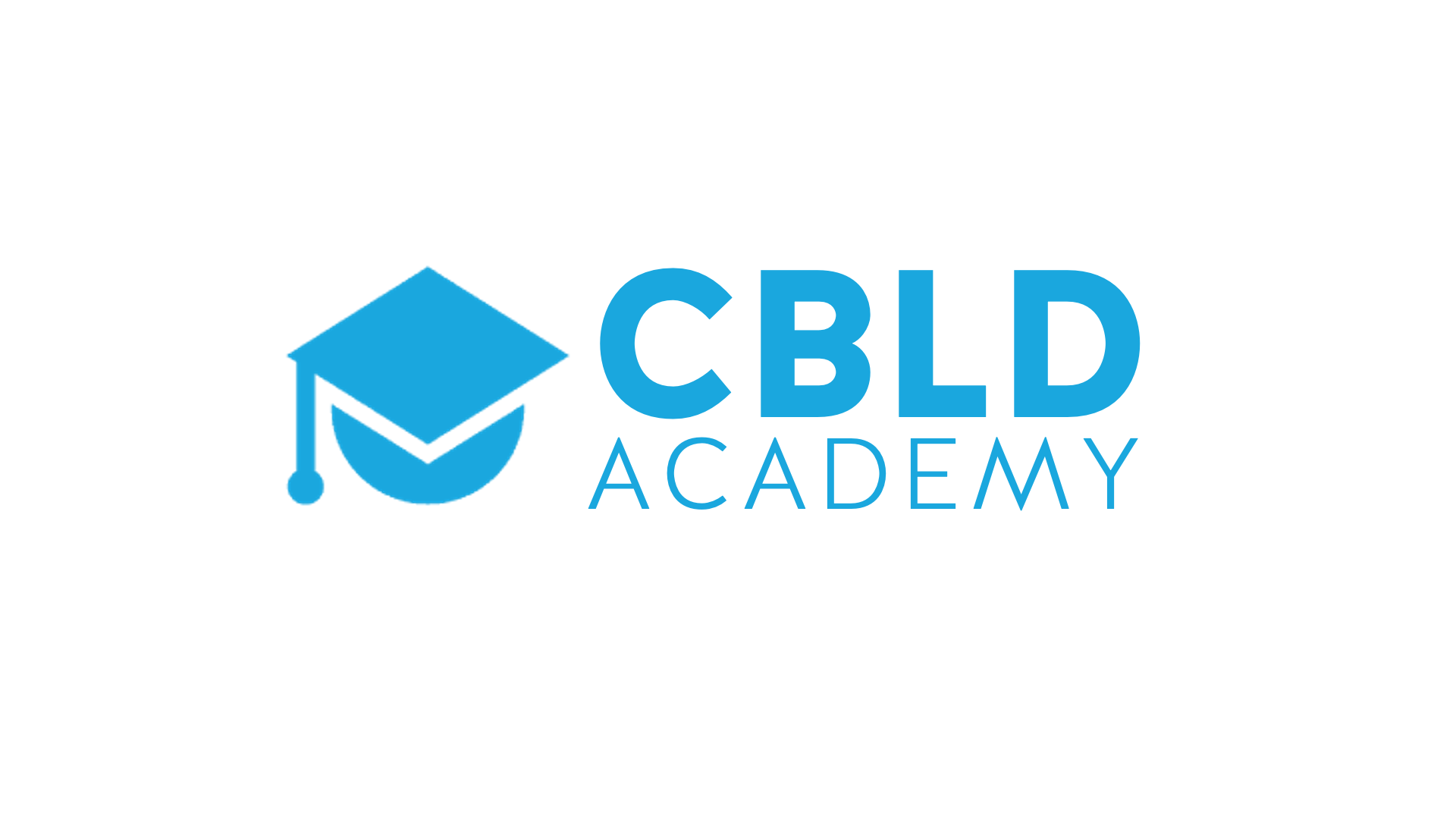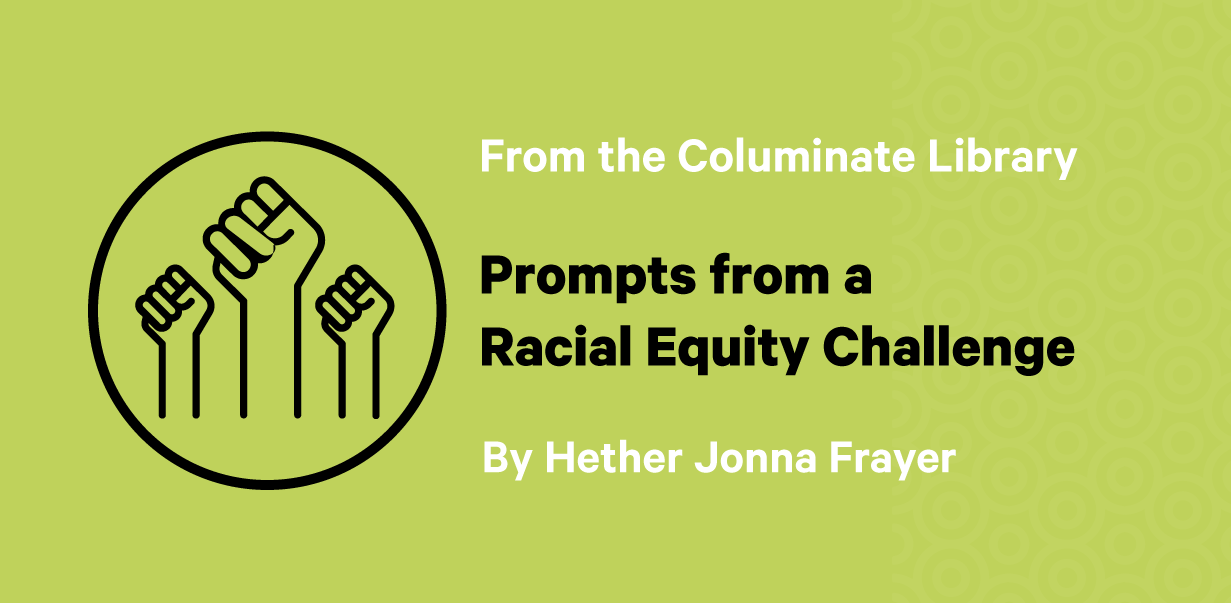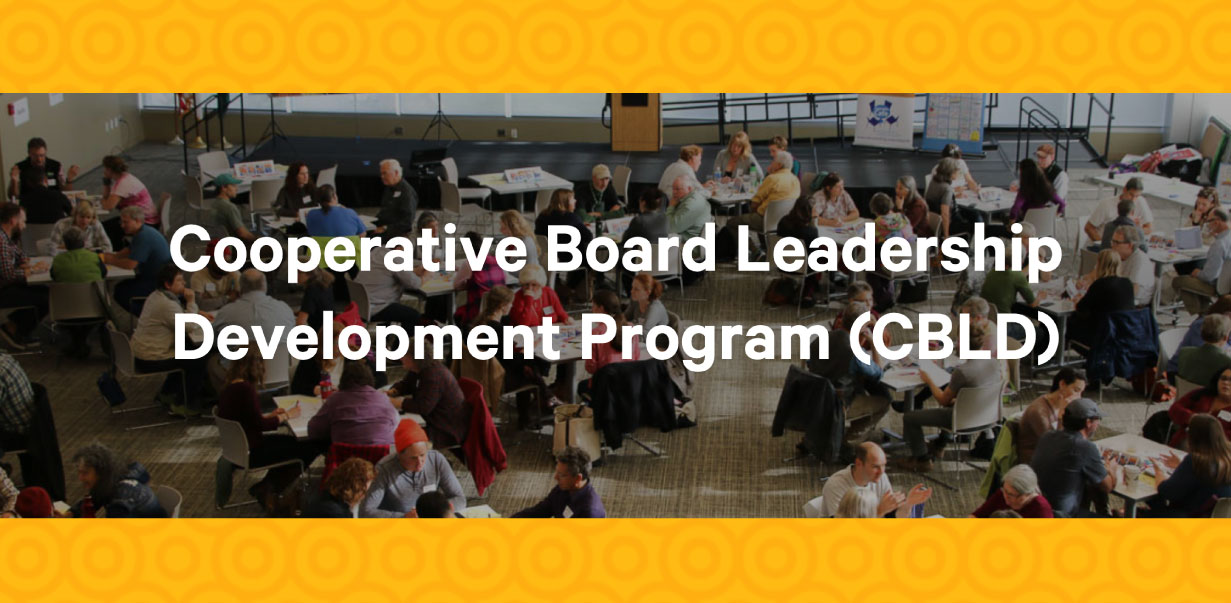Financial Dashboards Field Guide: Focusing on Key Indicators
A dashboard can help boards of directors pay attention monthly to key indicators of financial health. This dashboard review can occur in between the quarterly monitoring reports on the board’s "financial conditions" policy. A dashboard is intended to supplement, not replace, monitoring reports; those reports are the place for more detailed information about the key indicators and the longer-term trends.










